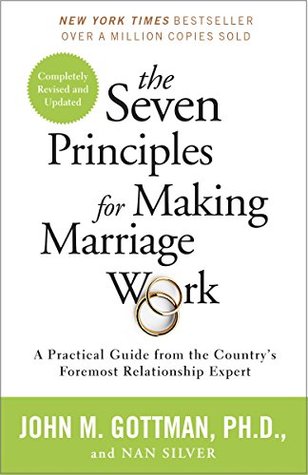More on this book
Community
Kindle Notes & Highlights
Next, write the story of the hidden dreams that underlie your position. Explain where these dreams come from and why they are so meaningful to you.
Speaker’s job: Talk honestly about your position and what it means to you. Describe the dream that’s fueling it. Explain where the dream comes from and what it symbolizes. Be clear and honest about what you want and why it is so important. Talk as if you were explaining your dream to a good friend or neutral third party. Don’t try to censor or downplay your feelings about your dream in order to avoid hurting or arguing with your spouse.
Listener’s job: Suspend judgment. Don’t take your spouse’s dream personally even though it clashes with one of yours. Don’t spend your time thinking up rebuttals or ways to solve the problem. Your role now is just to hear the dream and to encourage your spouse to explore it.
THE DREAM CATCHER’S MAGIC QUESTIONS • “What do you believe about this issue? Do you have some values, ethical ideas, or other beliefs that relate to your position on this issue?” • “What are all the things you feel about this issue?” • “What does your position mean to you?” • “What is your ideal dream here?” • “Tell me the story of your dream. Does it relate to your history or childhood in some way? I’d like to understand what it means to you.” • “What do you want? What do you need? If I could wave a magic wand and you’d have exactly what you needed, what would that look like?”
Acknowledging and respecting each other’s deepest, most personal hopes and dreams is key to saving and enriching your marriage.
STEP 2: SOOTHE Discussing dreams that are in opposition can be stressful. Pay attention to how you are each reacting to the conversation. Alert your partner if you feel signs of stress (for example, your heart begins to pound). Remember that if flooding occurs, the conversation will get nowhere. So be sure to use repairs if either of you becomes upset. If flooding does occur, stop for at least twenty minutes, and spend the time in any activity that calms you down.
STEP 3: REACH A TEMPORARY COMPROMISE (THE TWO-CIRCLE METHOD) Now it’s time to begin the ongoing task of making peace with this issue, accepting the differences between you, and establishing some kind of initial compromise that will help you continue to discuss the problem amicably. Understand that your purpose is not to solve the conflict—it will probably never go away completely. Instead, the goal is to defang the issue, to try to remove the hurt so that the problem stops being a source of great pain.
The way you start this process is by using the circle exercise (“Finding Common Ground”
Nonnegotiable areas. These are the aspects of the conflict that you absolutely cannot give on without violating your basic needs or core values. Areas of flexibility. This category includes all parts of the issue where you can be flexible, because they are not so “hot” for you. Try to make this category as large as possible and the first one as small as possible.
STEP 4: SAY “THANK YOU”
The goal here is to re-create the spirit of thanksgiving, in which you count your blessings and look inward to express gratitude for all you have. This may be particularly difficult to do after talking about gridlocked marital conflict, but that’s all the more reason to make the effort. To be sure you end on a positive note, offer your partner three specific thank-yous.
Follow these four steps, and you’ll be able to move out of gridlock on your perpetual problems.
Principle 7: Create Shared Meaning
A crucial goal of any marriage, therefore, is to create an atmosphere that encourages each person to talk honestly about his or her convictions.
PILLAR ONE: RITUALS OF CONNECTION
PILLAR TWO: SUPPORT FOR EACH OTHER’S ROLES
Your marriage will feel more profound to the degree that your expectations of each other—what you feel your partner’s place in your family ought to be—are similar.
Not only will you increase the intimacy of your marriage by sharing your deepest objectives with your spouse, but to the extent that you work together to achieve shared goals, they can be a path toward making your union even richer.
PILLAR FOUR: SHARED VALUES AND SYMBOLS
These are philosophical tenets that guide how you wish to conduct your lives.
Often, a couple’s shared values and beliefs are represented by symbols, which can be actual objects or intangible.
Abstract symbols are no less significant to a marriage. Even a home itself can be of great symbolic meaning to a couple.
Family stories also tend to be richly symbolic and reflect deeply entrenched values.
The Magic Six Hours


